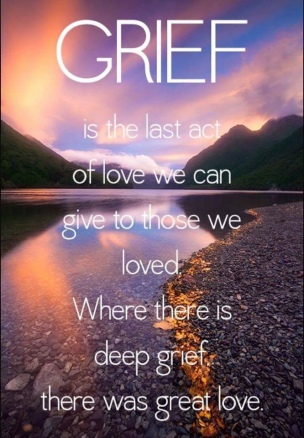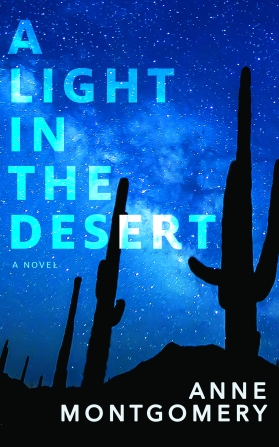
My dad died a week ago following a brief illness. It should not have come as a surprise, as he was one week shy of his 96th birthday. Still, it was a shock.
While I have lost loved ones before, this time feels different. And, of course, it should. After all, he was my father. Still, I am struggling with the grief.
As a former reporter, I have always managed to solve problems by researching them. Choosing reputable sources and concluding the best and most expedient avenue to rectifying a situation have never failed me, until now.
The reason? Grief is so damn hard to pin down. When I popped “grief” into my search engine, I was greeted by almost 29 million hits. Grief is simply defined as “deep sorrow, especially that caused by someone’s death.”
What I learned was that grief affects every part of us. We can suffer physical symptoms like loss of appetite, difficulty sleeping, fatigue, and aches and pains. And emotional symptoms including anxiety, fear, problems with concentration, flashbacks, irritability, and depression.
But grief is not a one-size-fits-all malady. According to the Hospice Foundation of America, “Grieving is a highly individual experience; there’s no right or wrong way to grieve. How you grieve depends on many factors, including your personality and coping style, your life experience, your faith, and how significant the loss was to you.”
I have always considered myself a strong person. I’ve been called tough many times, no doubt due to my four decades as an amateur sports official. The “never let them see you cry” credo has always guided my way. But it is apparently a myth that it’s important to “be strong” in the face of loss. Again, the Hospice Foundation of America: “Crying doesn’t mean you are weak. You don’t need to ‘protect’ your family or friends by putting on a brave front. Showing your true feelings can help them and you.”
Watching my dad in hospice over five days – despite the loving care he received and the relative brevity of his illness – was harrowing. I had it in my head that once he died I would start to heal. But I have learned that grief is not linear, nor is it predictable.
“There is no specific time frame for grieving. How long it takes differs from person to person. Instead of a series of stages, we might also think of the grieving process as a roller coaster, full of ups and downs, highs and lows. Like many roller coasters, the ride tends to be rougher in the beginning, the lows may be deeper and longer. The difficult periods should become less intense and shorter as time goes by, but it takes time to work through a loss.”
So, grief is complicated. But it is also necessary.
“Grieving honors the loved one and the relationship between them and our self,” said Dr. Edward A. Dreyfus, a nationally recognized clinical psychologist. “Just as loving was a process of attaching to another person, grieving is a way of detaching and subsequently letting go such that we can move on, not forgetting, but remembering the joy.”
So, like all others who grieve, I must ride this roller coaster. But I promise I will remember the joy.

Mystery/Suspense
Blank Slate Press/Amphorae Publishing Group
286 Pages
Price: $16.95 Paperback, $9.99 eBook
http://www.midpointtrade.com/book_detail.php?book_id=261955
As a Vietnam veteran and former Special Forces sniper descends into the throes of mental illness, he latches onto a lonely pregnant teenager and a group of Pentecostal zealots – the Children of Light – who have been waiting over thirty years in the Arizona desert for Armageddon. When the Amtrak Sunset Limited, a passenger train en route to Los Angeles, is derailed in their midst in a deadly act of sabotage, their lives are thrown into turmoil. As the search for the saboteurs heats up, the authorities uncover more questions than answers. And then the girl vanishes. As the sniper struggles to maintain his sanity, a child is about to be born in the wilderness.
This is good advice. My dad has been gone twelve years and I still get a hit now and then when I think of the end times. Same for my mom, gone almost three years. It is all about love.
LikeLiked by 1 person
I believe you are right on the mark, Gina.
LikeLiked by 1 person
Grief hits us to the marrow of our bones, Anne. We just have to sit with it for as long as we need to. Again, so sorry for your loss. A well done post on dealing with your grief. Hugs!
LikeLiked by 2 people
Thank you, Sharon.
LikeLiked by 1 person
You know, I get a sense that your generous sharing of these thoughts during your grieving process not only helps all of us organize our own processes, but it must be putting you on the road of healing. I want to say Thank You, but also want to send you Heartfelt Condolences on the loss of your Dad.
LikeLiked by 1 person
Thank you so much, Paul. I do find writing and sharing therapeutic, which is good, I guess. 😉
LikeLiked by 1 person